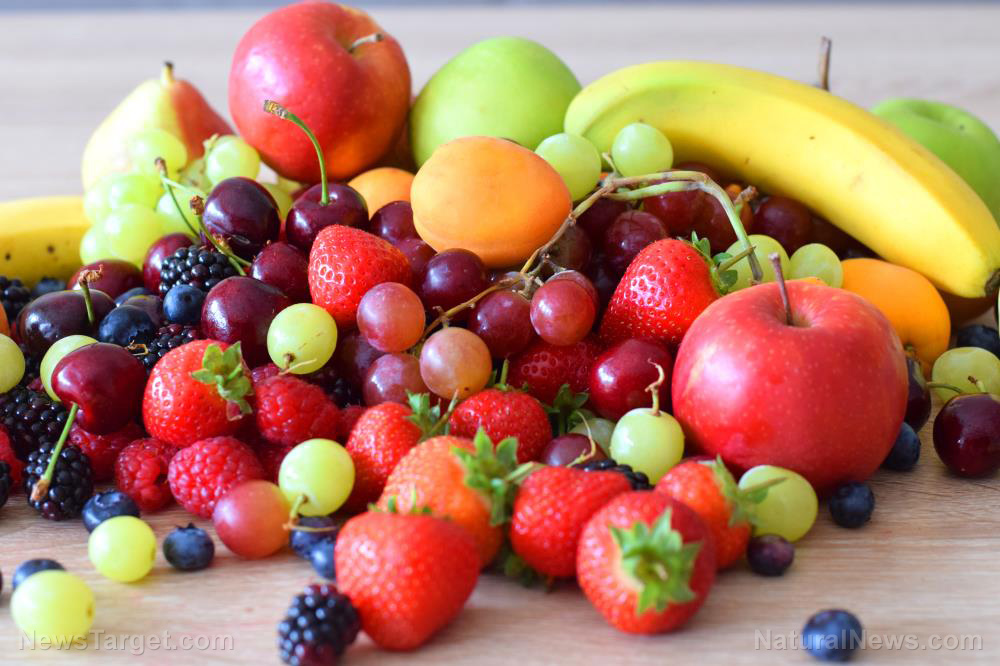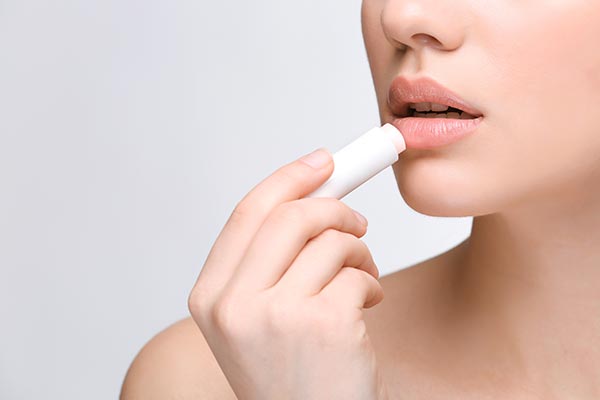Plant-based diet can reduce hot flashes in menopausal women, study finds
06/23/2025 / By Ava Grace

- Postmenopausal women on a low-fat, plant-based diet with soy saw a 92 percent drop in severe hot flashes and lost eight pounds on average, compared to minimal changes in the meat-eating group.
- Unlike conventional advice, processed plant-based foods (e.g., veggie pizzas, meat substitutes) did not negate the diet’s positive effects, suggesting animal product elimination is key.
- Soybeans contain isoflavones, which mimic estrogen and may regulate body temperature, while fiber supports gut health and metabolism.
- While the study challenges concerns about processed vegan foods, experts caution that diet alone may not eliminate all symptoms and emphasize whole foods for optimal health.
- Beyond menopause relief, a plant-based diet lowers women’s risks of heart disease, diabetes and cancer, making it a practical long-term health strategy.
For millions of women navigating menopause, hot flashes are more than just a nuisance; they disrupt sleep, work and daily life. Now, a groundbreaking study suggests relief may come from an unexpected source: a vegan diet, even if it includes processed foods. New research reveals that postmenopausal women who adopted a low-fat, plant-based diet supplemented with soybeans saw a dramatic reduction in hot flashes and lost significant weight compared to those who continued eating meat and dairy.
The study, published in Menopause, followed 84 postmenopausal women experiencing moderate to severe hot flashes. Half were assigned to a vegan diet with daily soybeans, while the rest maintained their usual omnivorous diet. After 12 weeks, the vegan group reported a staggering 92 percent drop in severe hot flashes compared to just 34 percent in the control group. Additionally, they lost an average of eight pounds, while the meat-eating group shed only half a pound. (Related: Study: Plant-based diet, soybeans help reduce menopausal hot flashes.)
Surprisingly, the benefits held true even when participants consumed processed vegan foods like frozen veggie pizzas or packaged meat substitutes. This suggests that the absence of animal products played a significant role in symptom relief and weight loss.
While weight loss itself is known to ease hot flashes, researchers believe the benefits of a vegan diet go beyond just shedding pounds. Soybeans contain isoflavones — plant compounds with estrogen-like effects that may help regulate body temperature. Additionally, plant-based diets are rich in fiber, which supports gut health and metabolism. Dr. Hana Kahleova, the study’s lead author, emphasized that reducing animal products also cuts intake of advanced glycation end-products (AGEs) – metabolic byproducts linked to inflammation and hot flashes.
“Plants help the body reset,” she explained.
Debating the role of processed foods
Nutrition experts have long warned against ultra-processed foods, which are high in sugar, salt and unhealthy fats. But this study found that processed vegan foods did not negate the diet’s benefits – a revelation that could reshape dietary advice for menopausal women.
However, some doctors remain cautious. Dr. Karen Adams of Stanford noted that while plant-based diets are generally healthier, diet alone may not be a cure-all for hot flashes. “I wouldn’t promise women that switching to veganism will eliminate symptoms,” she said.
“This study highlights the potential positive effects of a plant-based diet rich in soy in terms of both hot flash and weight management,” said Stephanie Faubion, MD, MBS, medical director for The Menopause Society. Beyond menopause relief, the study reinforces the well-documented advantages of plant-based eating, including lower risks of heart disease, diabetes and certain cancers.
A dietary shift worth considering
For women considering dietary changes, experts recommend prioritizing whole foods such as fruits, vegetables and legumes but not fearing processed vegan options. Incorporating soy – through tofu, edamame or tempeh – may offer additional hormonal benefits. Keeping a food and symptom diary can also help track improvements and identify what works best for individual needs.
This study adds to a growing body of evidence that what you eat profoundly impacts how you age. While more research is needed, the findings offer hope for women seeking drug-free solutions to menopausal discomfort. In an era where processed foods dominate, the revelation that even convenient vegan choices can aid health is a game-changer – one that might just make the transition to plant-based eating easier for millions.
For now, the message is clear: Mom was right about eating your veggies. They might just cool you down, too.
Watch an interesting discussion on hot flashes and soy products.
This video is from Wellness Forum Health on Brighteon.com.
More related stories:
Study: Plant-based diet, soybeans help reduce menopausal hot flashes.
Treat hot flashes the natural way.
Natural strategies to minimize hot flashes.
Alternative methods of relieving hot flashes.
Good news for menopausal women: You can avoid hot flashes by changing your diet.
Sources include:
Submit a correction >>
Tagged Under:
alternative medicine, food cures, food is medicine, food science, health science, hot flashes, isoflavones, Menopause, natural cures, natural health, natural medicine, Naturopathy, plant-based diet, remedies, research, Soybeans, women's health
This article may contain statements that reflect the opinion of the author





















